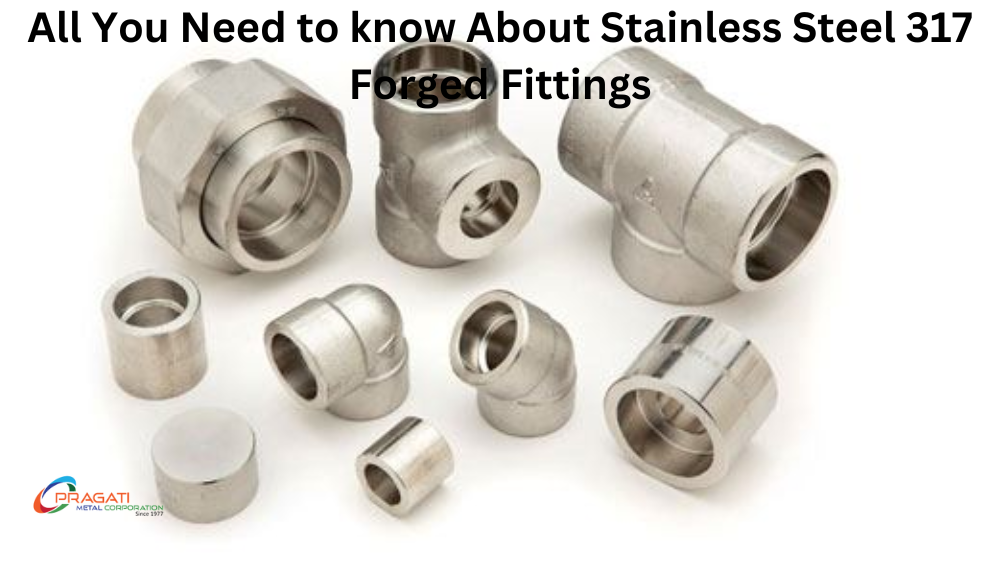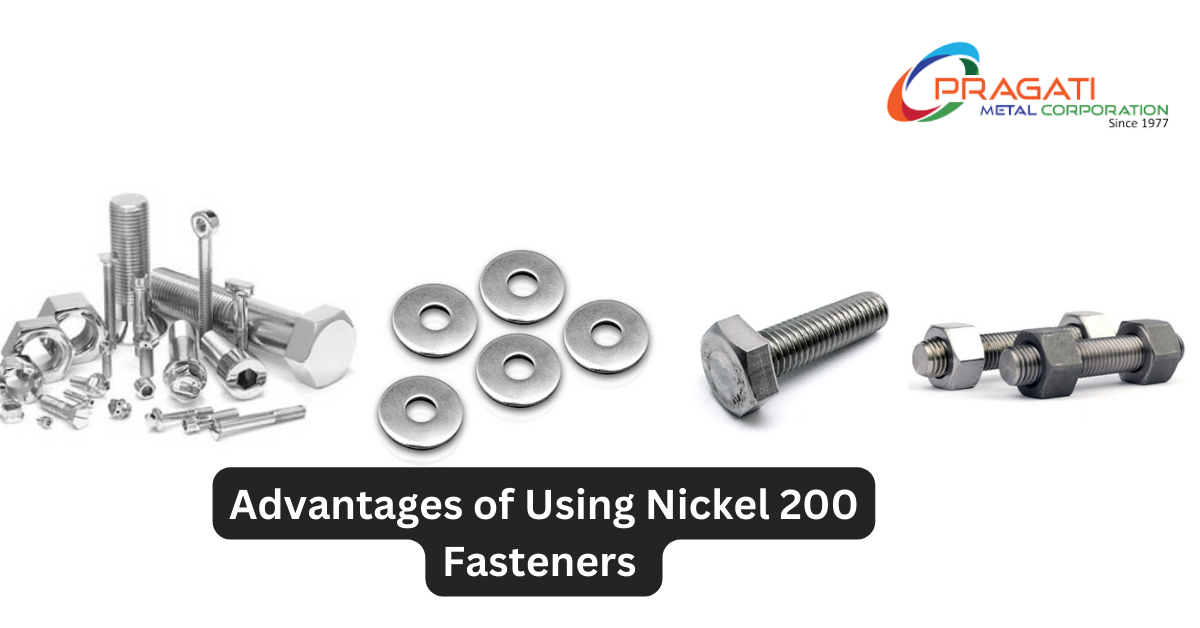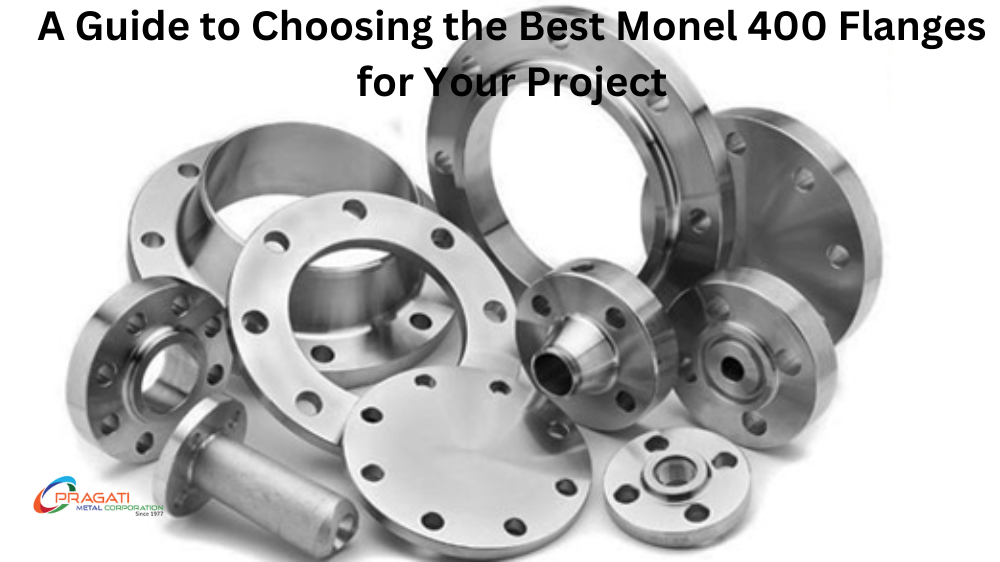All You Need to Know About Stainless Steel 317 Forged Fittings
Stainless steel 317 is a type of austenitic stainless steel that offers high resistance to corrosion, oxidation, and heat. Its high molybdenum and nickel content enhances its properties and makes it ideal for various applications, including chemical and petrochemical industries, pulp and paper industries, and offshore oil and gas exploration. This blog post will discuss everything you need about stainless steel 317 forged fittings, including their benefits, types, and uses.
What is Stainless Steel 317 Forged Fittings?
Various industrial and commercial applications utilize Stainless Steel 317 Forged Fittings, ranging from plumbing to chemical processing. These fittings are made of a stainless steel alloy, rendering them highly durable and corrosion-resistant. They have excellent mechanical properties such as strength at high temperatures, ideal for extreme environments or workplaces that operate at high temperatures, and great formability.
The tight shape allows for easy installation into your system without leakage; it also offers superior tensile strength compared to other materials. Additionally, they offer higher resistance to oxidation than other metals because their chromium content gives them an extra layer of protection from rusting. This level of protection means you won’t have to replace these fittings, often taking costs down in the long run and making them an impressive investment for all industries looking for longer-lasting solutions.
Types of Stainless Steel 317 Forged Fittings
SS 317 forged fittings come in different types: union, tee, elbow, coupling, nipple, and cross. People use unions to connect two pipes of different sizes or materials. They use tees to connect three pipes or tubes and elbows to change the direction of fluid flow. People use couplings to connect two pipes of the same size, and they use nipples to extend the length of a pipe. Crosses connect four pipes or tubes at right angles to one another.
Benefits of Stainless Steel 317 Forged Fittings
SS 317 forged fittings offer several benefits compared to other materials. They have excellent resistance to corrosion and oxidation, making them ideal for use in harsh environments. They can withstand high temperatures and pressures, making them ideal for high-pressure and high-temperature applications. SS 317 forged fittings are also easy to install and maintain, making them an excellent choice for industries that require quick and efficient installation and replacement.
Uses of Stainless Steel 317 Forged Fittings
Various industries, including chemical and petrochemicals, pulp and paper, and offshore oil and gas exploration, use SS 317 forged fittings. They connect pipes, tubes, and other components in fluid handling systems. Power generation plants, food processing, and pharmaceutical industries also utilize them. SS 317 forged fittings are ideal for corrosion, oxidation, and heat resistance applications.
How to Choose the Right Stainless Steel 317 Forged Fittings?
When choosing SS 317 forged fittings, it is essential to consider several factors, including the application, temperature, pressure, and chemical compatibility with the fluid being handled. It is essential to choose fittings compatible with the material of the pipes or tubes being connected. Choosing fittings that are easy to install and maintain is also important, as this will save time and money in the long run.
Maintenance of Stainless Steel 317 Forged Fittings
SS 317 forged fittings require regular maintenance to ensure they remain in good condition and function optimally. Regular inspections should be conducted to check for signs of wear and tear, corrosion, and leaks. Fittings that show signs of damage or wear should be replaced immediately to prevent problems such as leaks and loss of fluid. Regular cleaning and lubrication will also help prolong the fittings’ life and prevent corrosion and oxidation.
Conclusion
SS 317 forged fittings offer excellent corrosion, oxidation, and heat resistance, making them an ideal choice for various industries. When choosing fittings, it is essential to consider factors such as the application, temperature, pressure, and chemical compatibility. Regular maintenance and inspections are also vital to ensure the fittings remain in good condition. With the right fittings and proper maintenance, SS 317 forged fittings can provide reliable and efficient fluid handling solutions for many years.


